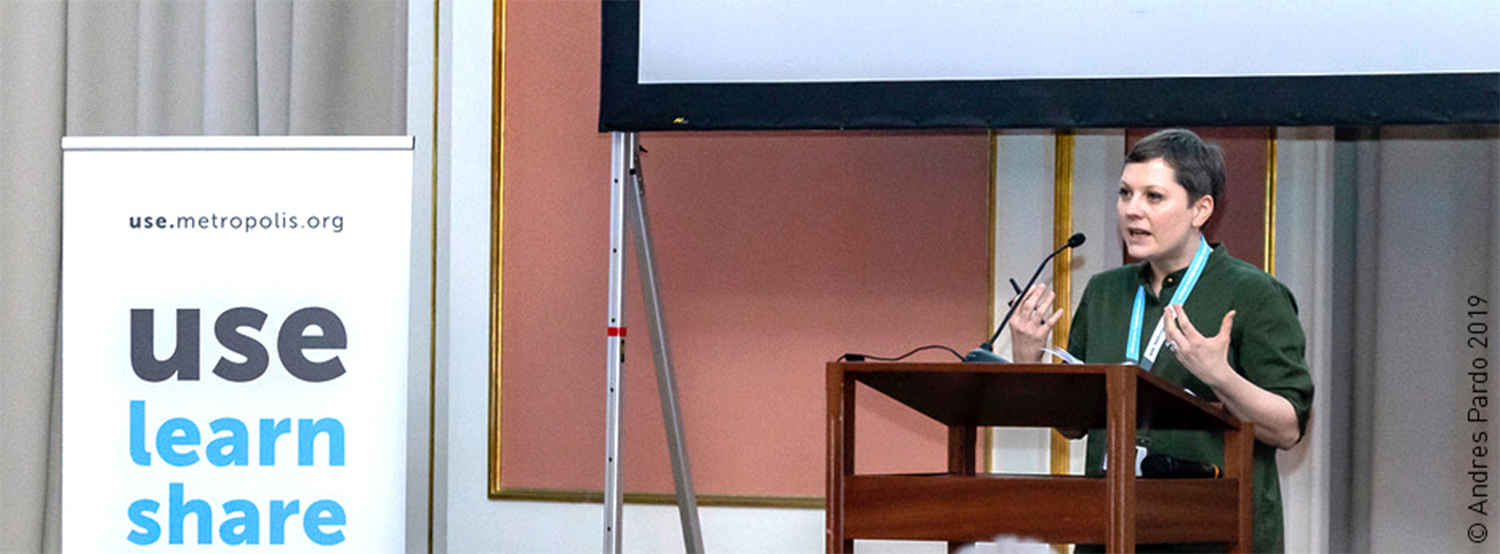Competence centre for multidisciplinary urban research Volkswagen Foundation funds "ISU SPACE LAB" with one million euros
The Institute for Sustainable Urbanism (ISU) at Technische Universität Braunschweig is receiving one million euros from the Volkswagen Foundation to support its “ISU SPACE LAB” within the framework of the “Momentum – Promotion of First-Appointed Professors” funding line. The institute, headed by Professor Vanessa Miriam Carlow since 2012, links architecture, urban development and planning to a variety of other disciplines in the context of a common basis: sustainable cities and urban regions for all.

Professor Vanessa Miriam Carlow, Institute for Sustainable Urbanism. Picture credits: Andres Pardo
With the support of the “Momentum” grant, the Institute will expand its research in digital urbanism. With regard to the transformation and development of future cities and urban regions, digitization plays an increasingly important role. In order to explore the digital realm for urban development, the ISU will establish a dedicated infrastructure – the so-called “ISU SPatial Analytics + Crossdisciplinary Experimentation Lab”, short ISU SPACE LAB, a state-of-the-art competence center for multidisciplinary urban research. This laboratory explores the digital domain (data, methods and infrastructures) in order to overcome the disciplinary boundaries of architecture, urban development and planning. The laboratory aims to expand the possibilities for better participatory planning processes, optimise resource use (including physical space) and finally achieve a better understanding of the needs of urban space and infrastructure users.
The goal is to develop holistic methods and strategies for more sustainable development, thereby promoting economic, social and environmental well-being in urban agglomerations and communities. Part of the ISU SPACE LAB is the TRIPLING component, an experimental setup for coupling the investigation of real physical spaces, digital and physical models.
With the help of ISU SPACE LAB, Professor Carlow and her team will be able to elevate her work to the next level from exploring inherited and “conventional” methods of urban design towards a more explorative and hypothesis-driven research into sustainable urbanism.
